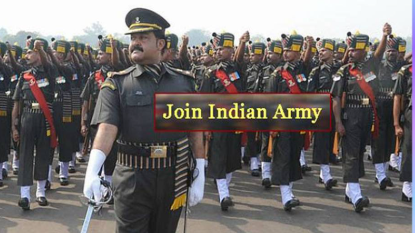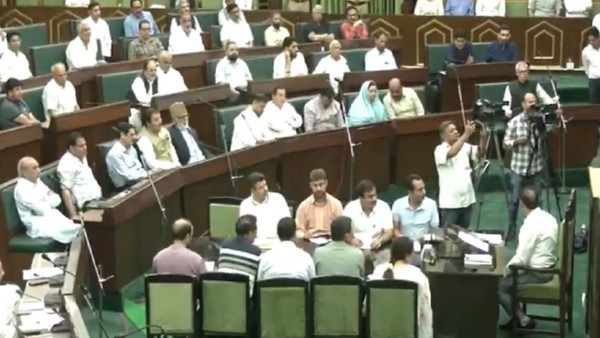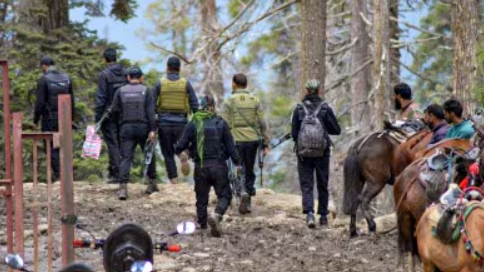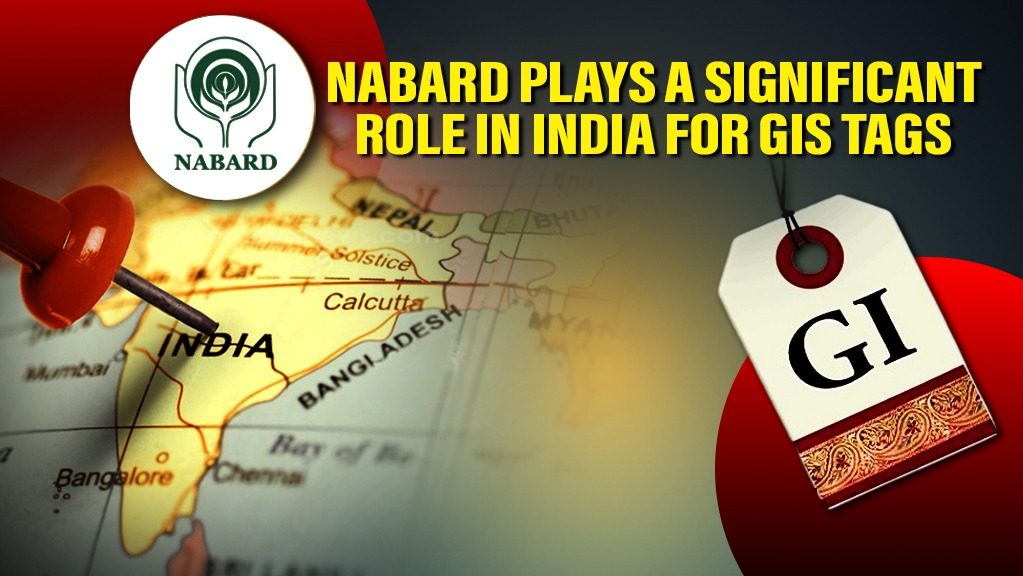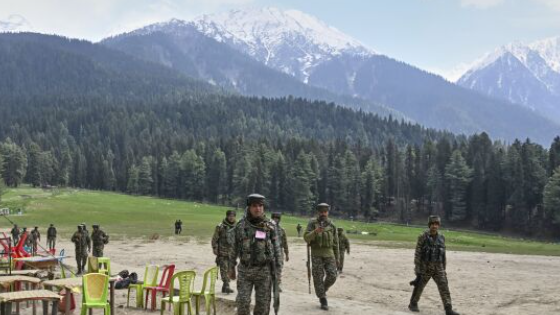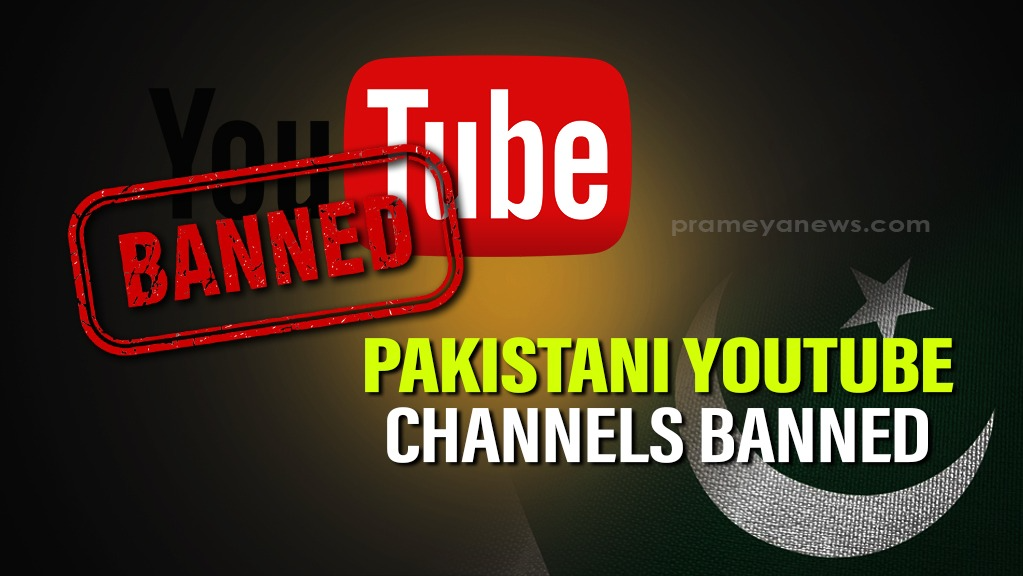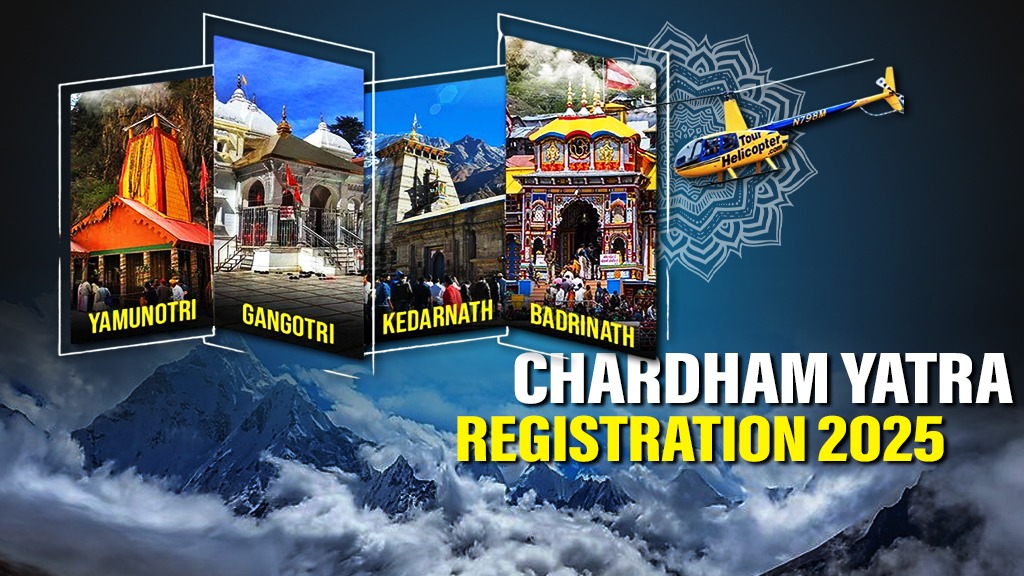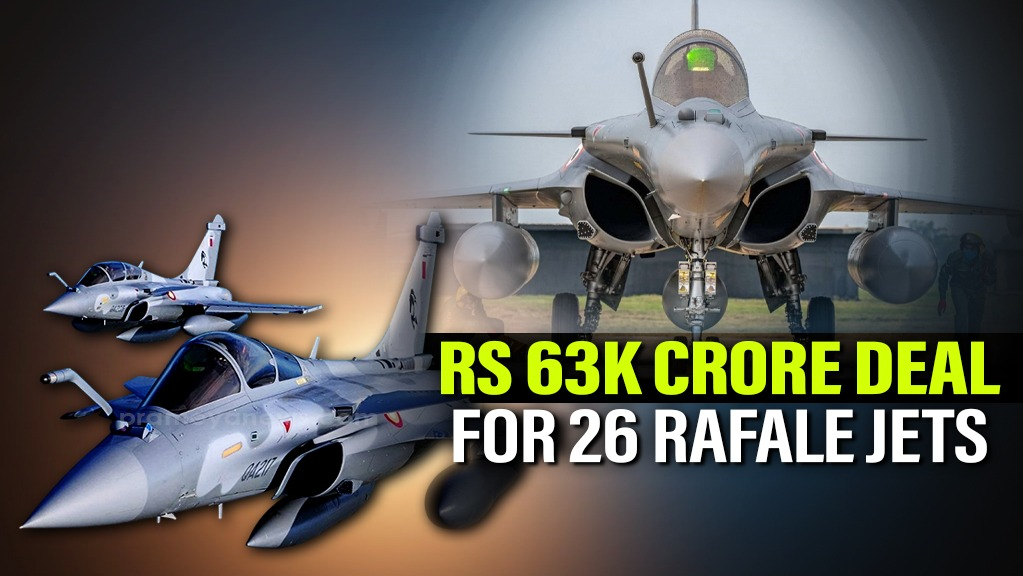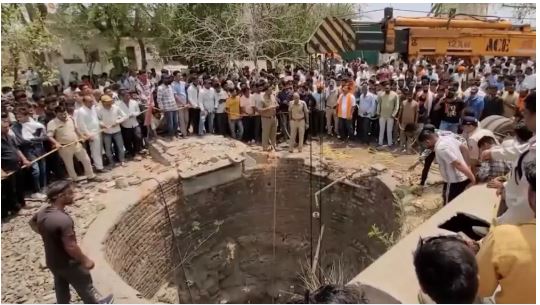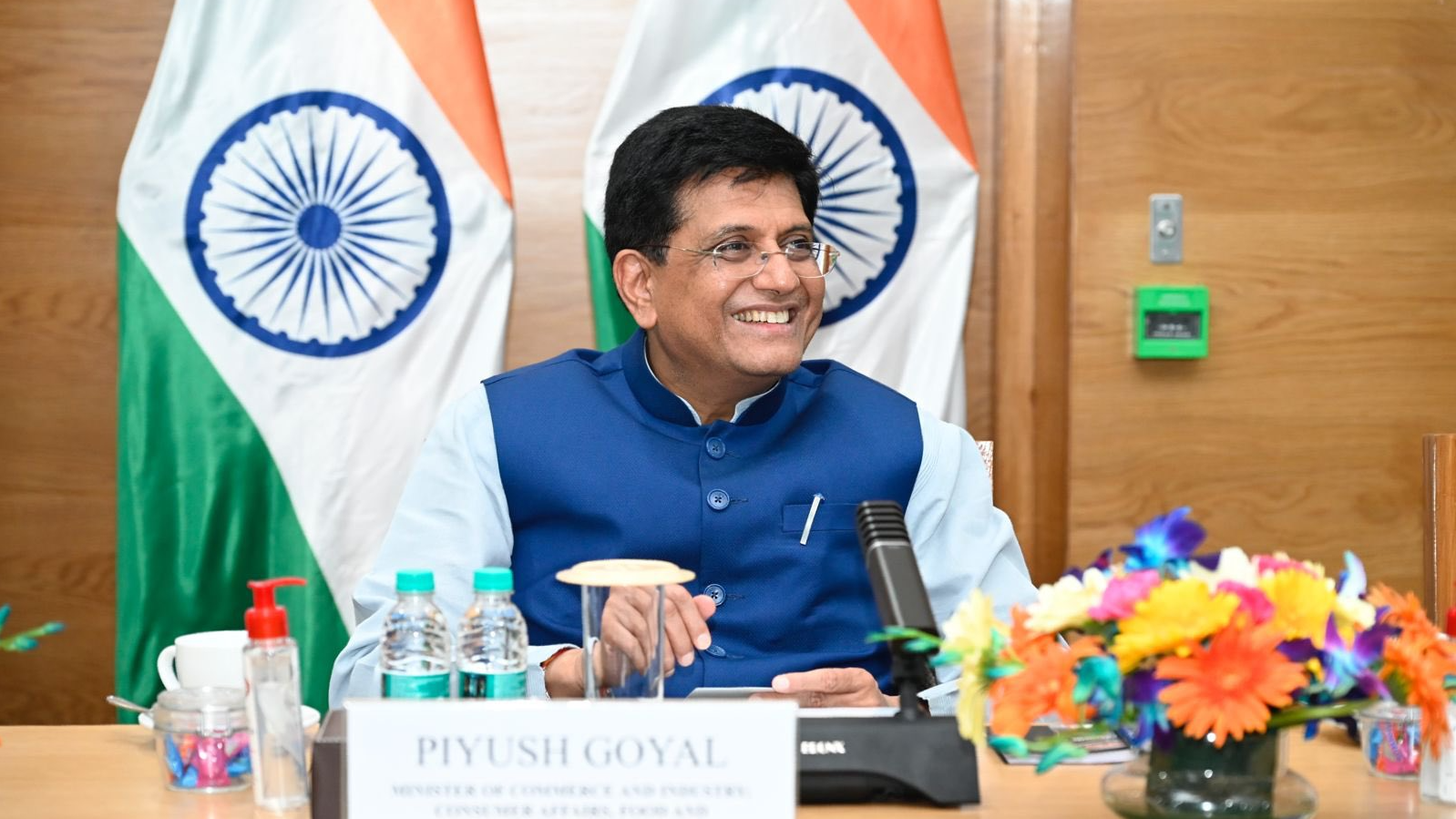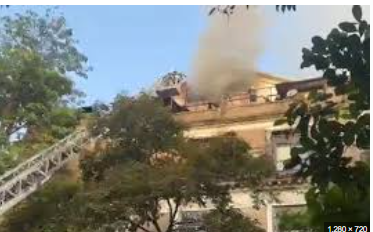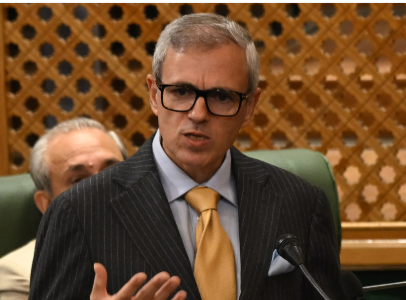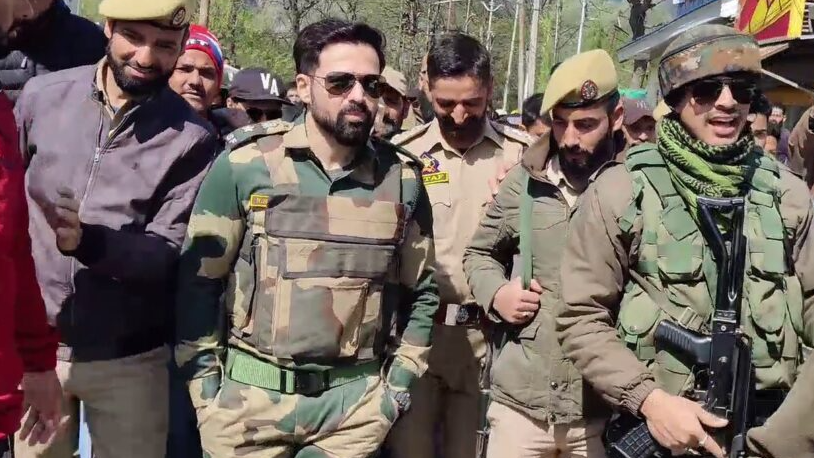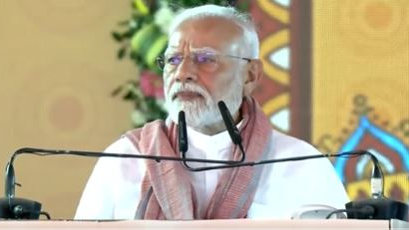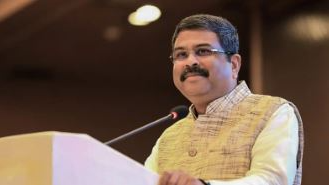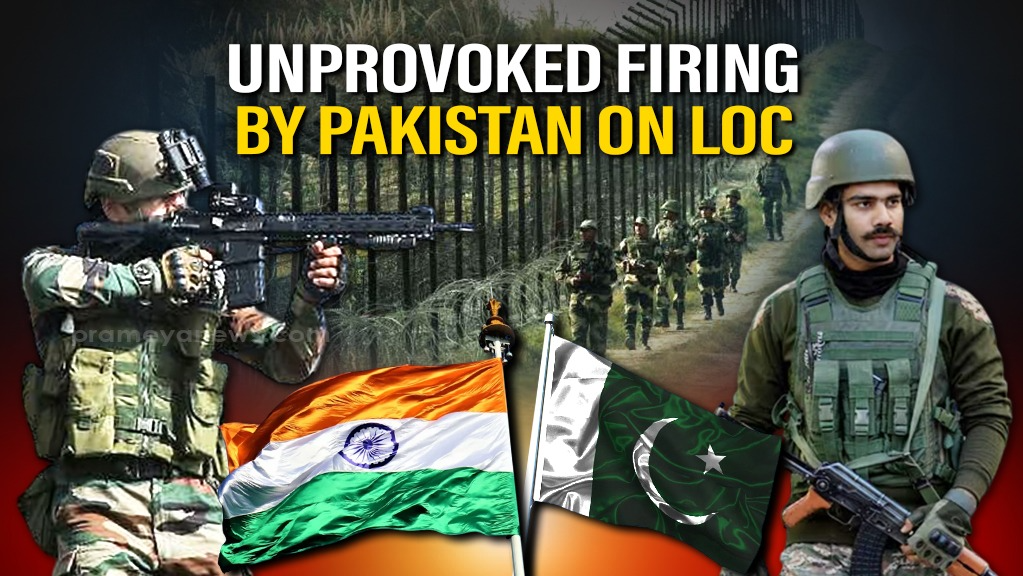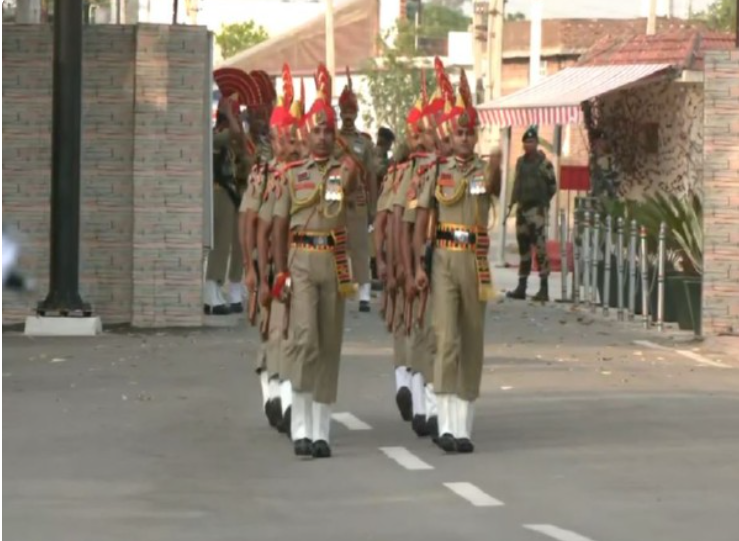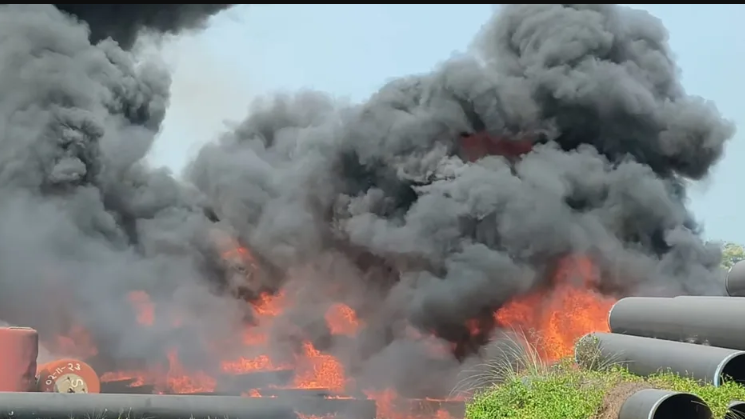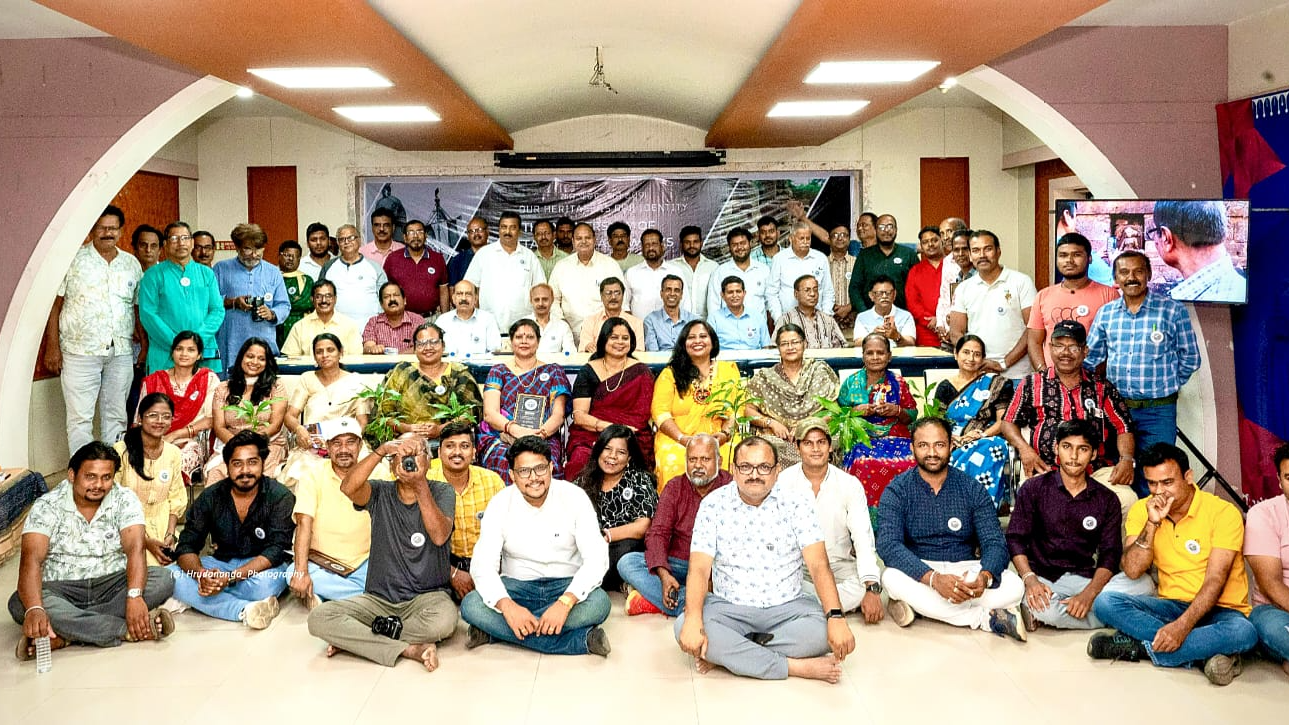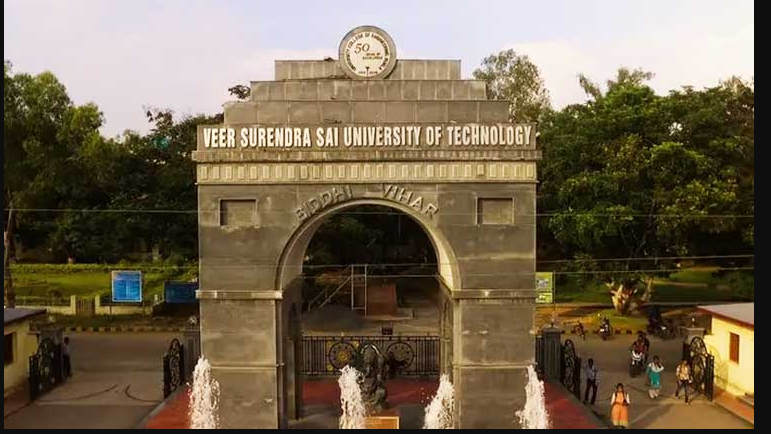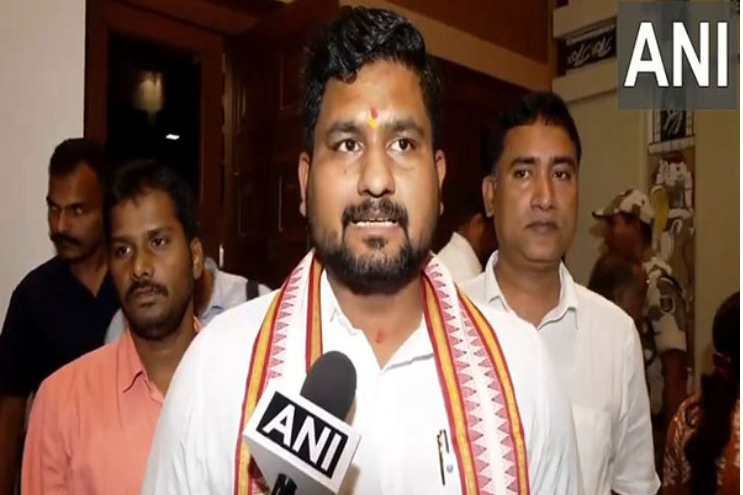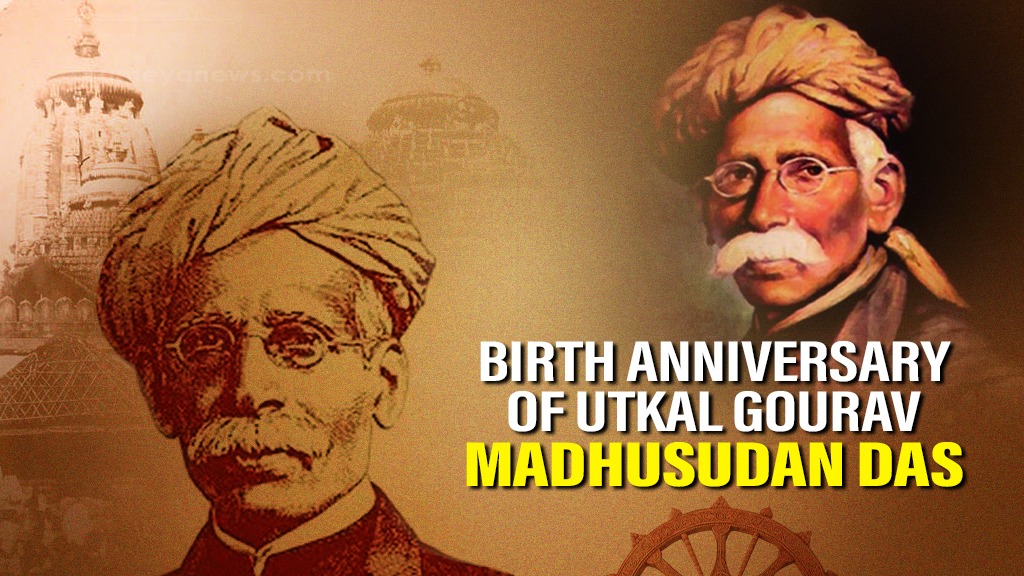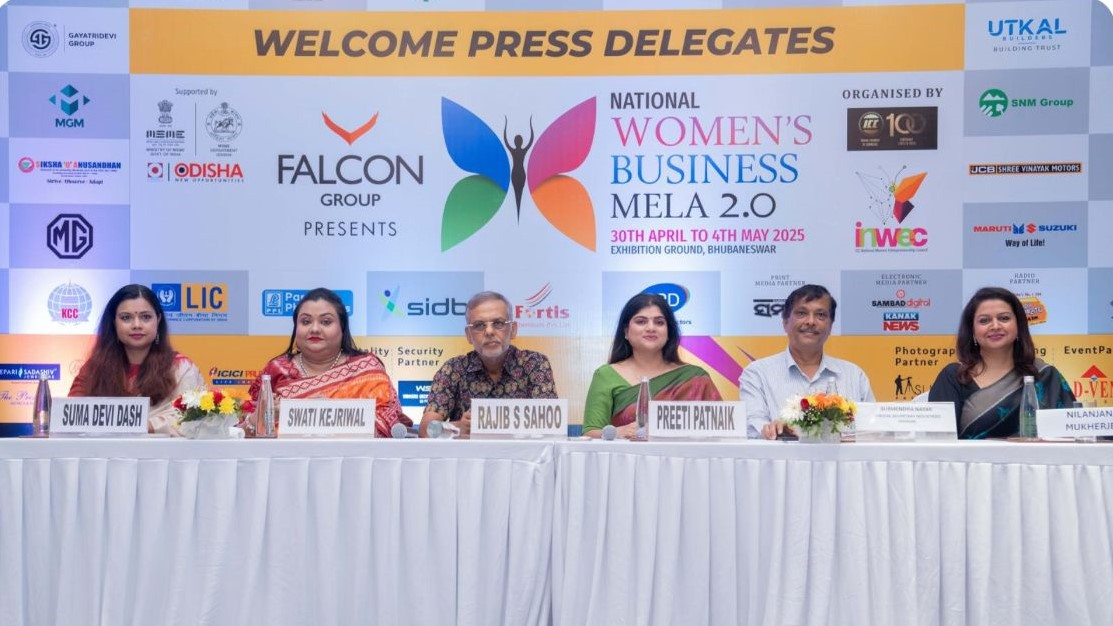Bhubaneswar: In the bustling neighborhood of Karol Bagh in Delhi, Rajesh Sharma proudly displays the Indian flag outside his electronics shop. The 48-year-old businessman enthusiastically discusses India's military capabilities and frequently advocates for stronger action against Pakistan during evening tea gatherings. Yet, when asked if he would encourage his son to join the armed forces, a hesitation creeps into his voice.
"Of course I love my country. But my son is preparing for engineering," Sharma explains, his tone softening. "The armed forces are noble, but I want him to have a stable life."
Sharma represents a common paradox in Indian society—fervent patriotism that stops short of military enlistment. Despite India maintaining the world's second-largest military with over 1.4 million active personnel, military recruiting offices frequently struggle to meet quotas, especially for officer positions.
Prestige Without Preference
The Indian armed forces enjoy enormous respect across the country. Military parades draw massive crowds, and fallen soldiers receive national honors. Yet, this admiration rarely translates into career aspirations for the next generation.
"Indians have deep respect for the uniform," explains Dr. Sujata Menon, a sociologist at Delhi University who studies national identity. "But respecting an institution doesn't necessarily mean wanting your child to join it. We're seeing what I call 'patriotism at a distance'—emotional investment without personal commitment."
In Pune, retired Colonel Anand Vaidya has seen this firsthand through his military recruitment awareness programs. "Parents stand and applaud our presentations, but afterward, privately tell me they're steering their children toward IT or medicine," he says.
The Safety Calculation
Understandably, fear of danger plays a significant role. India's ongoing border tensions with Pakistan and China mean military service carries real risks.
In Amritsar, just 50 kilometers from the Pakistan border, Gurpreet Kaur is clear about her concerns. "When tensions rise with Pakistan, I am the first to support our troops. But as a mother, the thought of my son at the border terrifies me," she admits. Her son is preparing for banking examinations instead.
Military psychologist Dr. Vikram Khanna notes this is not unique to India. "In most societies, there's a gap between abstract support for military action and willingness for personal sacrifice. It's human nature to protect one's children, even while supporting national security."
Economic and Status Considerations
Economics also factor heavily into career decisions. While military benefits have improved, private sector opportunities have exploded in recent decades.
"In the 1970s and 80s, armed forces offered one of the best career paths for upward mobility," explains economist Ravinder Singh. "Today's youth have many more options promising higher salaries and faster advancement."
For India's expanding middle class, status considerations matter too. Priya Nair, a career counselor in Bangalore, observes: "Parents who themselves achieved middle-class stability want their children to continue upward. They see corporate and professional careers as the next logical step, not military service."
Cultural Shifts
Some experts point to broader cultural changes. "Traditional values of service and sacrifice are competing with individualism and consumption-oriented lifestyles," says cultural anthropologist Meena Raghavan. "Military discipline and hierarchy clash with contemporary emphasis on personal freedom and work-life balance."
This seems evident in conversations with students at Delhi University. Nineteen-year-old Akhil Mehta states: "I respect the armed forces enormously. But I want to build tech startups. That's how I believe I can best serve India in today's world."
Seeking Solutions
Military leadership has acknowledged these challenges. Recent reforms like the Agnipath scheme aim to make military service more attractive by offering shorter commitments and transition support to civilian careers.
Defense Ministry campaigns increasingly highlight technological and professional aspects of military careers beyond combat roles. Social media campaigns showcase opportunities in engineering, medicine, law, and cybersecurity within military frameworks.
Colonel Vaidya believes more can be done: "We need to address parents directly, not just potential recruits. We need to show that military careers today can provide both meaningful service and professional growth."








